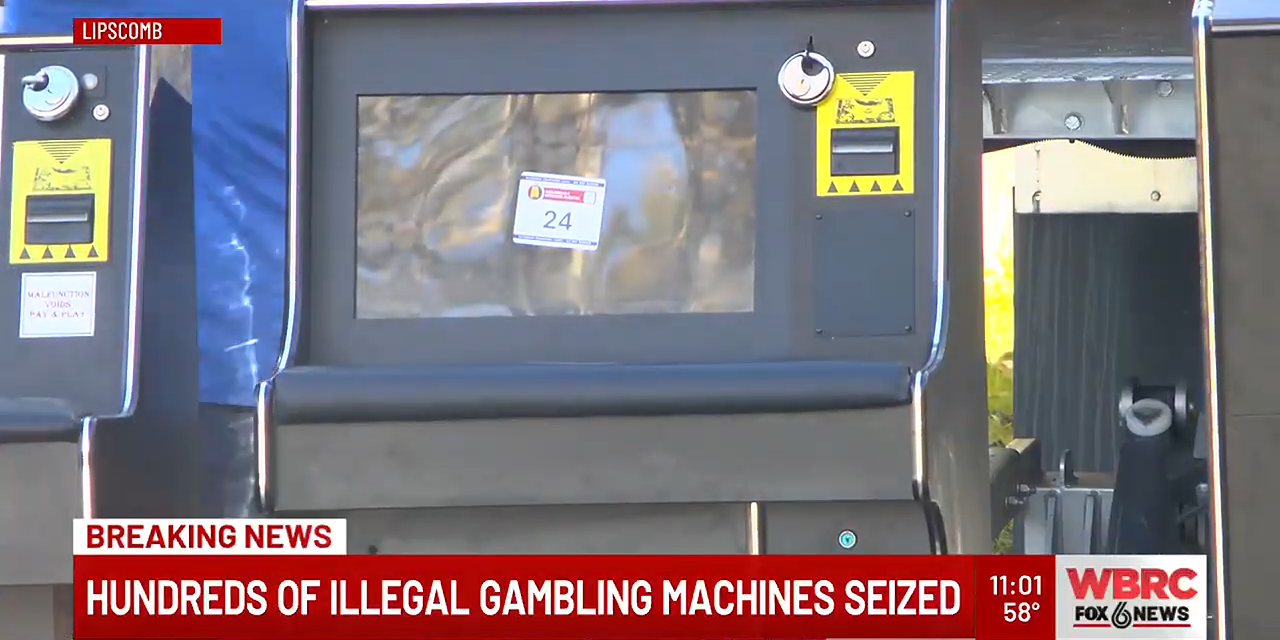Bussiness
Tennessee lawmakers still at odds over business tax cut as session enters final days • Tennessee Lookout

House and Senate lawmakers still don’t have an agreement on Tennessee Gov. Bill Lee’s $1.9 billion business tax cut proposal.
The sticking points are how many years of refunds to give and a part of the House version of the bill that requires the revenue department to disclose the names and amount of refunds companies receive.
“The transparency piece is a really important component of this particularly in light of the fact that several businesses have extorted us to make this change in a way I didn’t think was good for the public,” Republican Rep. Ryan Williams of Cookeville said during a Tuesday meeting.
Both versions would eliminate the property portion of the state’s franchise tax, resulting in $410 million in annual lost revenue for the state. Lawmakers enacted the property piece of the franchise tax decades ago to prevent companies from hiding their net worth and paying less taxes.
It’s harder for a company to hide the value of physical assets like an airplane, manufacturing equipment or distillery than its net worth, which is more malleable with different accounting practices.
The transparency piece is a really important component of this particularly in light of the fact that several businesses have extorted us to make this change in a way I didn’t think was good for the public.
– Rep. Ryan Williams, R-Cookeville
The House version offers only 1-2 years of refunds for companies that have previously paid this tax, along with the disclosure requirement. The version would cost the state $1.1 billion next year, according to a fiscal review committee.
The Senate passed a version nearly identical to Lee’s initial proposal to lawmakers. It offers three years of refunds, leading to the higher cost, and doesn’t require the disclosure of refund recipients.
Lee introduced the corporate tax cut, claiming the state faced a potential lawsuit over the legality of its franchise tax. Experts disagree on whether this is true. Democrats offered a different proposal that they said could satisfy the legal question and result in no lost revenue.
No company has sued the state, but over 80 companies requested refunds, claiming the franchise tax property measure is invalid.
During a news conference Monday, Lee criticized the House version for its disclosure requirement.
Officials won’t say which companies benefit from $1.2B tax refund. Property records provide a clue.
“I just don’t think it should to be in there,” Lee said. “I think we shouldn’t be taking private tax information that the government has, and making it public. That’s something we haven’t done in the past. I don’t think we should be doing it in the future.
Lee has declined to say whether his business, The Lee Company, would benefit from the tax cut and refunds. When the Senate voted on its version, 13 Senators declared a conflict of interest, indicating they would benefit from the plan.
The competing versions from both chambers meant they formed a conference committee to try and hash out their differences.
The committee met publicly Tuesday for around 15 minutes, with lawmakers from the Senate sounding more optimistic about its passage than those from the House.
“We’ll get there,” Republican Senate Majority Leader Jack Johnson of Franklin said. “I don’t know how or when.”
The same conference committee is scheduled to meet Wednesday.
Sam Stockard contributed to this report.
GET THE MORNING HEADLINES DELIVERED TO YOUR INBOX










